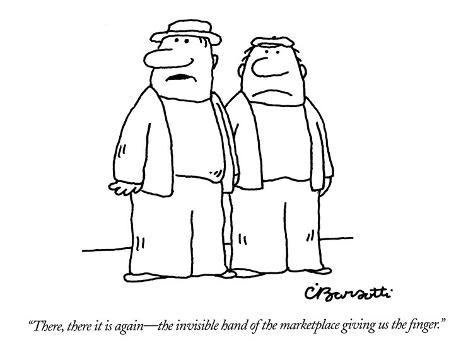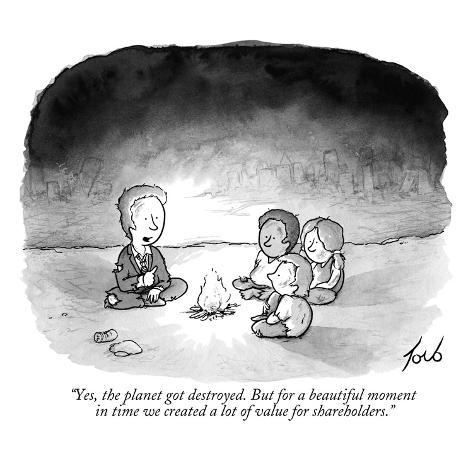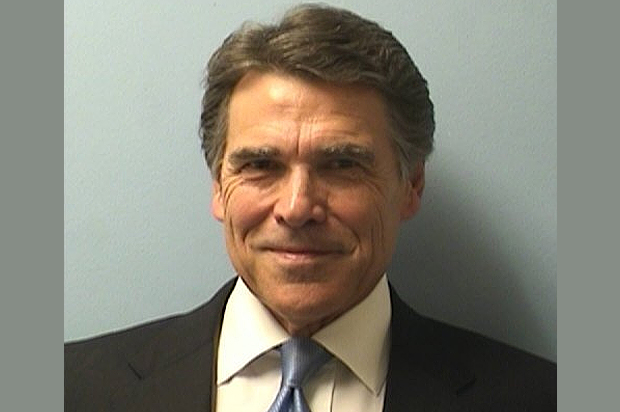
Bernie Sanders on 2016: We need ‘a political revolution’
There’s a fable in Democratic circles about the time Bernie Sanders, Vermont’s self-described socialist senator, who is visiting Iowa this weekend as he considers a presidential bid, apologized to Bill Clinton. It was right after “Hillarycare,” the health reform plan championed by Clinton’s wife, went down in flames.
After Sanders apologized to the president, Clinton allegedly replied to the then-House member, “What do you mean, Bernie? You were with me every step of the way!” “Exactly,” Sanders responded. “I should have been burning you in effigy on the steps of the Capitol. Then people would have understood how moderate your plan really was.”
With Sanders’ Iowa visit coinciding with Hillary Clinton’s much-anticipated return to the state, some Democrats have wondered if the senator’s presidential ambitions are merely an elaborate display of effigy-burning – an attempt to move Clinton and the center of gravity of the entire party to the left.
With Sanders’ Iowa visit coinciding with Hillary Clinton’s much-anticipated return to the state, some Democrats have wondered if the senator’s presidential ambitions are merely an elaborate display of effigy-burning – an attempt to move Clinton and the center of gravity of the entire party to the left.
Not so, the senator says. “If I run, I would like to win. That’s why I would run,” he told msnbc Thursday. He’s not interested in being a protest candidate, he insists.
Sanders realizes it’s a long shot. “For me to win, it would require a grassroots effort on the part of literally millions of people. Unprecedented,” he says. “What we need now is a political revolution.”
His theory of success is to try to reach the untapped potential of the 60% or so of Americans who don’t typically vote in presidential elections. He realizes that’s not easy. “How do we engage – can we engage those people? Tough stuff,” he acknowledges.
After encouraging a reporter to sit in his office, Sanders continues to stand for the duration of the interview, at one point lifting his foot up onto the coffee table and raising a knee.
He has upset expectations before. Sanders got his start in politics in 1981, when he surprised everyone by becoming Burlington’s first independent mayor after defeating a Democrat who had served five terms. In subsequent reelection battles, Sanders fended off challengers endorsed by both major parties.
He did that, he says, by building “broad coalitions” in unexpected places. It’s the same model he’d try to use on a national scale. “I think there’s a lot of common ground in this country where working people are ready to come together to stand up to a billionaire class which is getting richer while the rest of the country is getting poorer,” he says.
Still, he sees hope in a string of recent upsets, including Hawaii Gov. Neil Abercrombie and House Majority Leader Eric Cantor, both of whom were trounced in their party primaries, and Zephyr Teachout, the progressive professor who took a surprisingly large chunk out of New York Gov. Andrew Cuomo’s margin this week in a Democratic primary.
“It kind of confirms what I believe to be the case, which is that the establishment is much more vulnerable than I think conventional wisdom suggests,” Sanders says.
Be that as it may, he has no interest in taking on Clinton directly and chafes at people asking about the former secretary of state.
Be that as it may, he has no interest in taking on Clinton directly and chafes at people asking about the former secretary of state.
“I’ve noticed in a number of talks that I’ve had that I will talk about 10 different issues that are important to me, and at the last minute somebody will ask me about Hillary Clinton. I’ll say a statement about Hillary Clinton, and that becomes the story,” he laments.
“Are you going to ask me about Hillary Clinton’s hairdo?” he snarks later.
In addition to the billionaires, he sees an enemy in the Clinton-obsessed “media establishment,” knowing full well how the press is likely to view his campaign, should he run. “One of the concerns I have in terms of a campaign is whether or not the media would allow serious debates on issues,” he says.
Those issues include reforming campaign finance laws and tackling income inequality, – “If we don’t begin to reverse that, we will look more like an oligarchy rather than a democratic society with a sure middle class,” he says – dealing with climate change, reforming free trade policies, raising the minimum wage, and creating jobs through a massive federal infrastructure program.
On Vice President Joe Biden, who is also considering a run and will be in Iowa days after Sanders, the senator says only, “Joe Biden is a decent guy. If he decides to run for president, he’ll raise his issues.”




















![[IMG]](http://www.metabunk.org/data/MetaMirrorCache/contrailscience.com_skitch_jfk_fake_quote.jpg)















